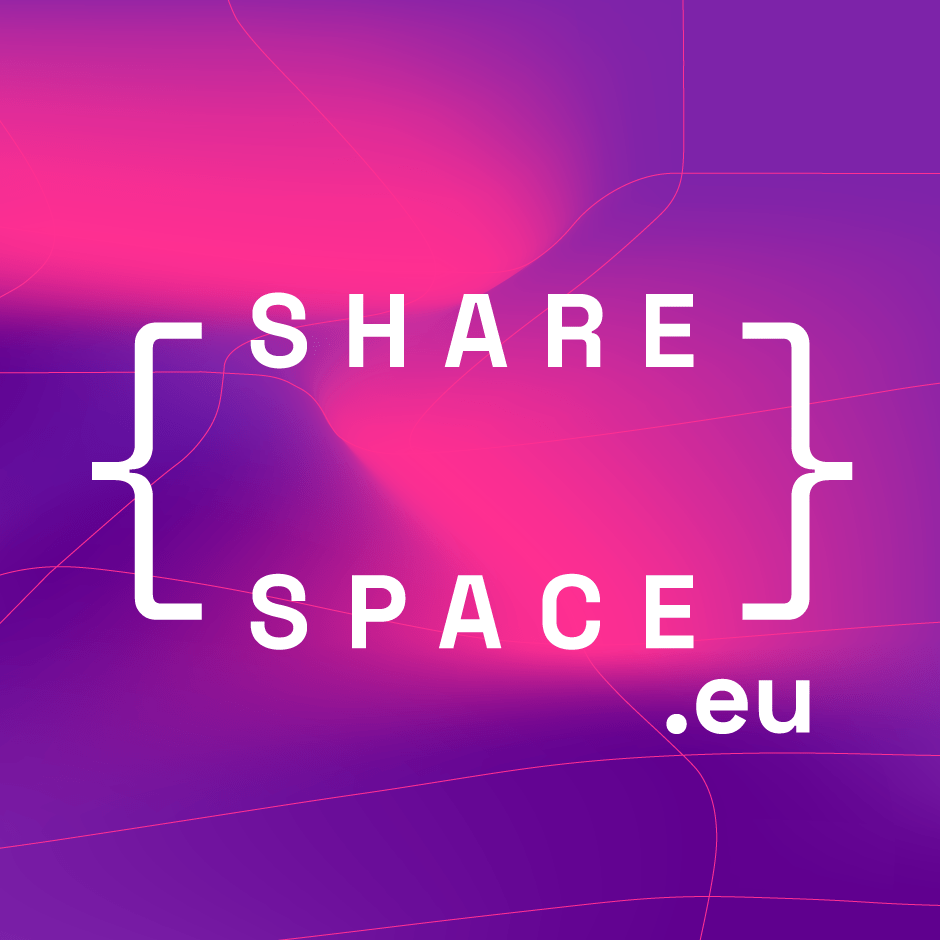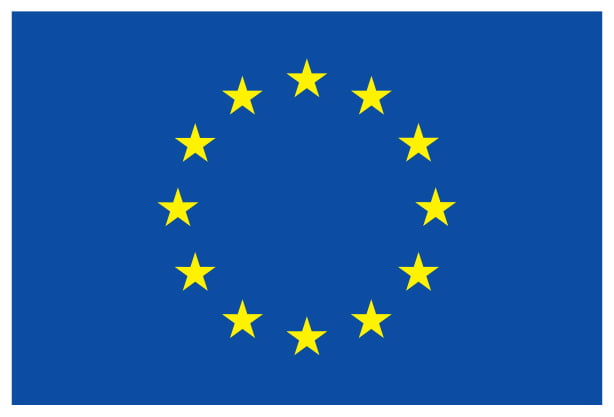
Inria is involved in SHARESPACE through his team MimeTIC. The MimeTIC research team focuses on designing methods for anlayzing human motion in ecological situation, and simulating virtual humans that behave in realistic manners and act with realistic motions. “Realistic” means that a real human would have behave and moved the same way in the same situation. It involves understanding how real people control their motion and behave in order to design models capable of generating realistic virtual humans. The main research axes of MimeTIC target Motion analysis, Biomechanics, Autonomous virtual humans, and Physical activity in virtual reality.
MimeTIC aims at enhancing human motion analysis and synthesis in a multidisciplinary approach: simulation can help to better analyze human performance, and motion analysis can help to improve human motion simulation. Our research is based on three main pillars. Firstly, we investigate how to combine state of the art sensors to better measure and then analyze human performance, especially in ecological situations. We build customized biomechanical models of human body, and innovative dynamic solvers to estimate variables that cannot be measured directly. Secondly, we develop new autonomous human simulation based on physical simulation and AI, which benefits from findings and motion capture examples provided by the previous pillar. Thirdly, we can make an AI-driven simulated virtual human interact with real users in VR/XR, and analyze complex competitive or collaborative interactions in this controlled context. This approach enables us to enhance fundamental knowledge on human-human interaction, and develop innovative VR/XR based training systems.
To address these challenges, MimeTIC is a pluridisciplinary team, composed of experts in computer simulation, computer graphics, computer vision, XR/VR design & evaluation from the IRISA research lab in computer science, but also biomechanics, sports sciences and motion analysis from the M2S research lab in sports sciences. In SHARESPACE, MimeTIC will benefit from a long experience and history in using VR for sports training, with pioneer research in sports VR in 1999 with M2S. We have more specifically studied the perception-action loop, and the anticipation skills in various one-to-one competitive interactions, such as handball goalkeeper, soccer goalkeeper, rugby defender, volleyball receiver training. Our approach consists in analyzing the subskills required to perform the task, and then designing VR-based paradigms to train this particular subskill with the objective to transfer to real practice. This fundamental research pathway has been applied and transferred to training tools that are now currently used as routine in the French Federation of Football (through the Clairefontaine national center of football, and “Stade Rennais” professional team), the French Olympic team in boxing.
Project members
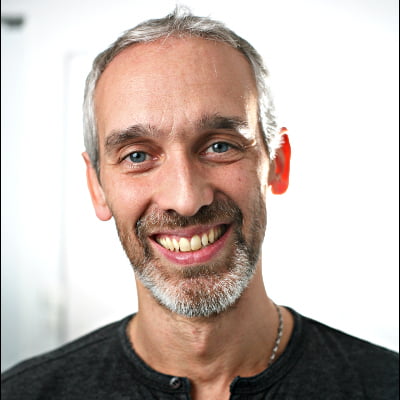
Richard Kulpa
Professor, University Rennes2

Franck Multon
Senior Researcher Inria
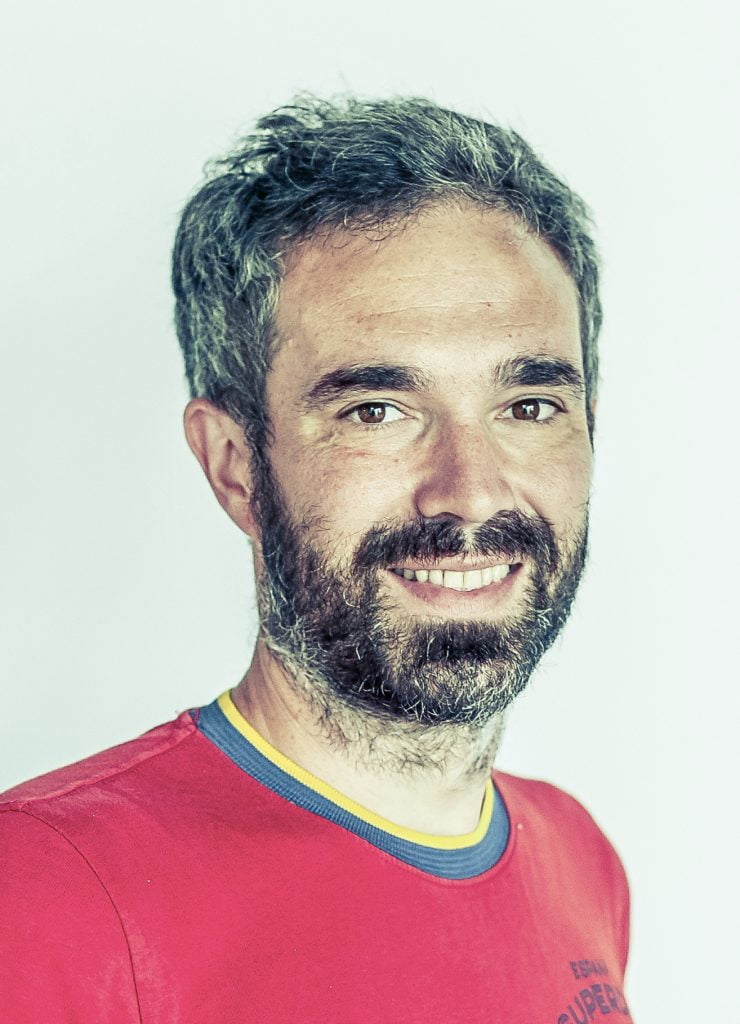
Anthony Sorel
Engineer, University Rennes2
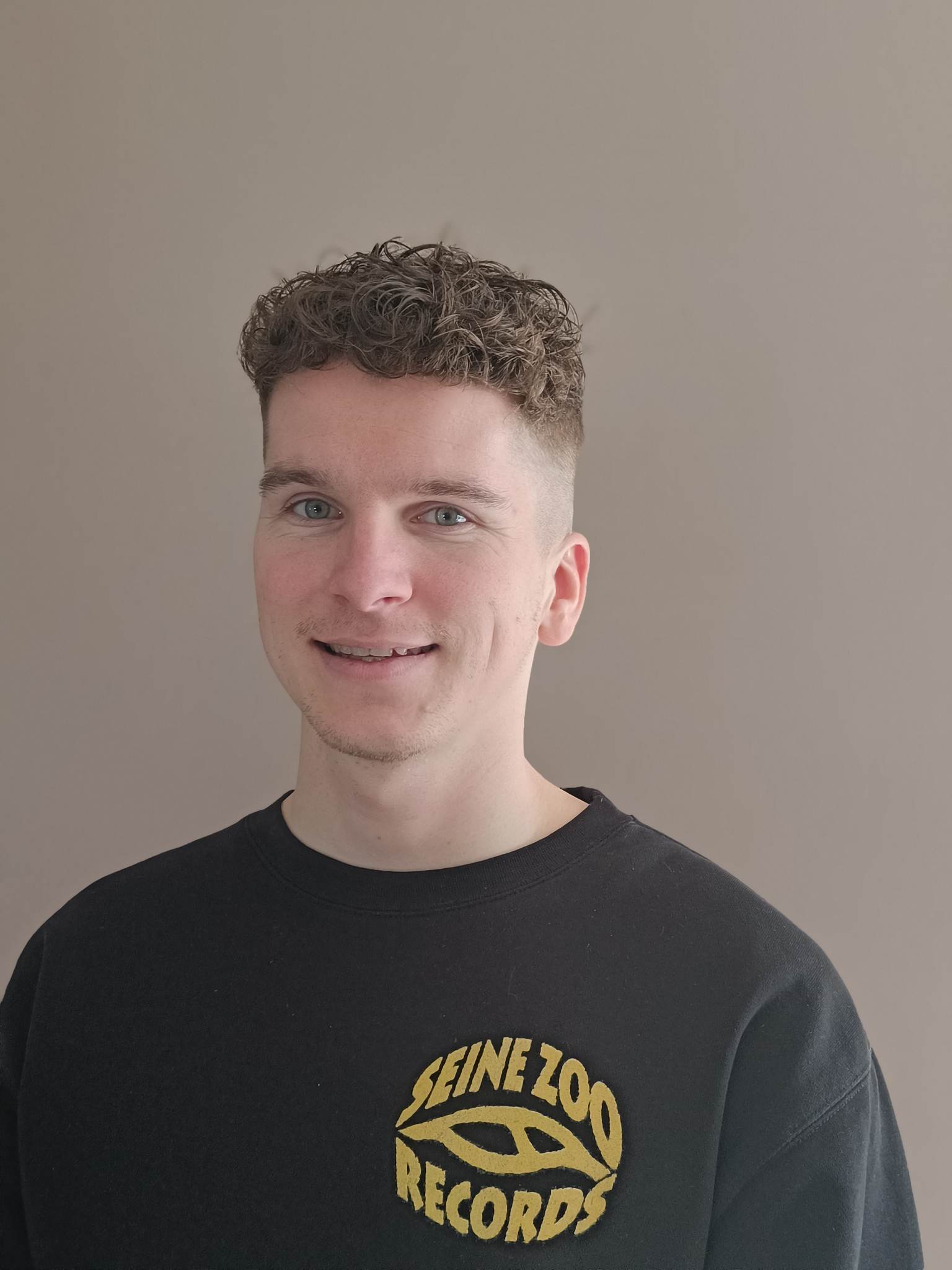
Valentin Ramel
PhD Student Inria
